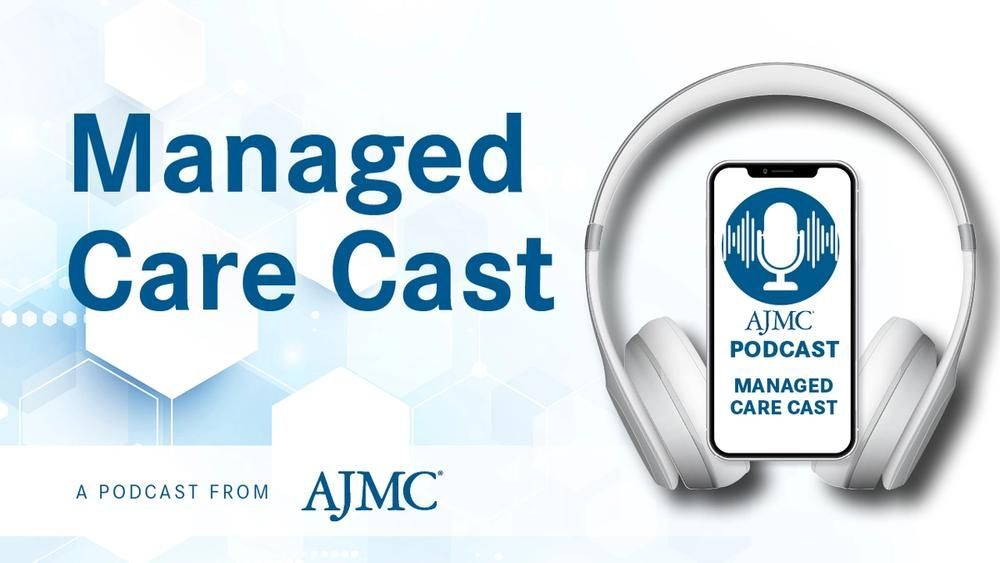News
Article
What We’re Reading: Chinese Biotech Crackdown; Relaxed Bird Flu Lab Regulations; Telehealth Abortions Increasing
Author(s):
House lawmakers are expected to advance a contracting ban today on 5 Chinese research firms; US government officials temporarily relaxed strict guidelines on how laboratories handle, store, and transport H5N1 bird flu samples; a recent report found that the number of abortions occurring in the US continued to grow despite bans.
US Drug Development Would Reset Amid Chinese Biotech Crackdown
The House of Representatives is expected to advance a contracting ban today on 5 Chinese research firms, which would result in US pharmaceutical development changes, according to Axios. The bipartisan Biosecure Act would end US contracting with Chinese firms, like WuXi AppTec, deemed national security threats by 2032, effectively removing them from the market; the bill’s sponsors noted that they are concerned Chinese companies may develop targeted bioweapons using genetic information collected from Americans. Although this crackdown could benefit US companies, it could also result in higher drug prices and more shortages due to supply chain issues or key ingredient shortages. Also, if the bill passes, the government and private sector will need to help support the biotech industry by investing billions of dollars to build up domestic drug manufacturing. The bill is likely to be folded into the annual defense authorization bill later this year, but the outcome of the election could complicate its passing.
US Relaxes Lab Regulations for Handling Bird Flu Samples
In response to the recent spread of H5N1 bird flu in dairy cattle, US government officials temporarily relaxed strict guidelines on how health care facilities and public health laboratories handle, store, and transport samples of the virus, according to Reuters. These revised guidelines came at the request of the Association of Public Health Laboratories (APHL), which represents labs that monitor and detect public health threats, to prepare for the possibility that bird flu acquires the ability to become easily transmitted among people. Usually, the US government requires high-risk pathogens like H5N1 to be destroyed, decontaminated, or transferred to a registered select agency facility within 7 days of notification. Conversely, under this exemption, labs handling samples identified as highly pathogenic H5N1 bird flu have 1 month to perform these tasks, allowing staff to focus on testing. These guidance changes, which took effect on May 3, modify requirements for handling H5N1 for 180 days; they apply to local and state government-run public health labs, along with those that handle wastewater specimens.
Survey: Telehealth Is Driving Abortion Increase Despite State Bans
In the 18 months since Roe v Wade was overturned, a recent report found that US abortion numbers grew despite total or partial bans in some states, according to The Hill. The report from the Society for Family Planning’s WeCount project determined that telemedicine enabled much of the growth, which accounted for 19% of all abortions nationwide by December. From October through December 2023, nearly 8000 people per month in states with bans or restrictions received abortions from clinicians operating under shield law protections; shield laws give some legal protections to clinicians who offer abortion care via telehealth to those who live in states with abortion restrictions. Also, the total number of abortions increased to an average of 86,000 per month in 2023, up from 82,000 per month in 2022. However, clinic-based care, which comprises over 80% of abortion services, has virtually disappeared in states with bans, resulting in abortion increases in states like California, New Jersey, and New York; these increases are partly due to patients traveling from restrictive states and also increased local demand.





